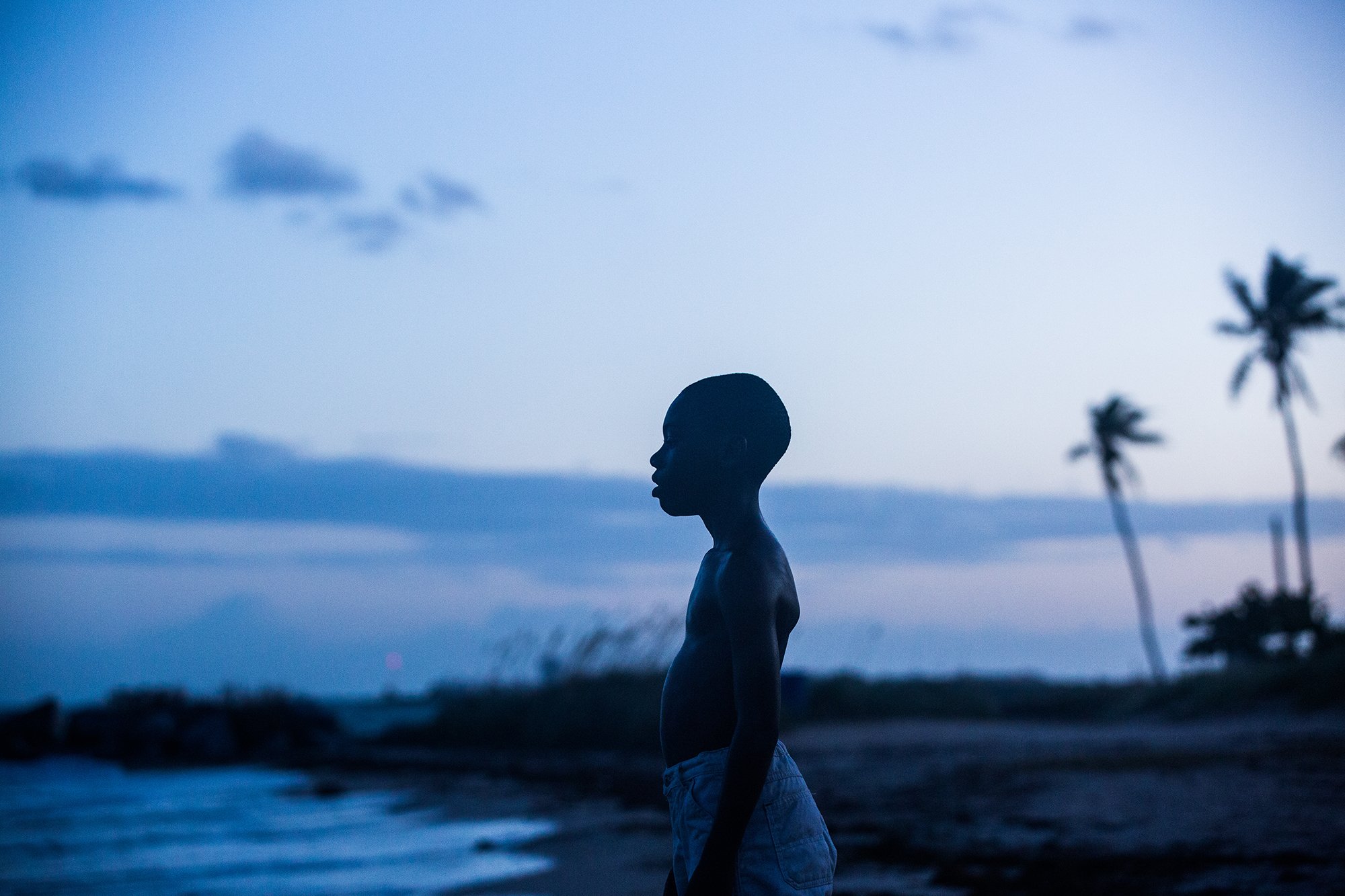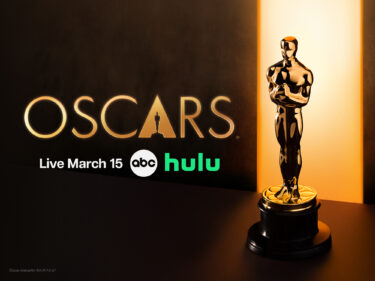In anticipation of the Academy Awards, we polled our contributors to see what they thought should win the Oscar. Once we had our winners, we asked various writers to make the case for our selection in each category. Here, Matt Zoller Seitz makes the case for the Best Picture of 2016: “Moonlight.”
“Moonlight” is ecstatic filmmaking. Co-writer/director Barry Jenkins tells his tale of a young man’s emotional and sexual coming-of-age through sharp dialogue and clearly articulated scenes that build to small or large epiphanies. But unlike too many American independent films, this one isn’t essentially a PDF of the script acted out for a cinematographer who knows how to light faces. No, “Moonlight” is truly a movie, ultimately a symphony of images that punches in the same weight class as such visionary narrative experiments as “2001: A Space Odyssey,” “Badlands,” “All That Jazz,” “The Limey,” “Three Times,” and perhaps most obviously the work of Wong Kar-Wai, possibly the world’s greatest practitioner of sensual melancholy.
The structure has more in common with music than theater or the novel. Jenkins breaks the story into three sections, almost like symphonic movements, titled “Little,” “Chiron” and “Black,” each dealing with the protagonist, a gay man from Miami, at different phases of his development. In the first section, the character is a smart but persecuted young man known as “Little” (Alex Hibbert); we watch him as he’s befriended by a drug dealer named Juan (Mahershala Ali), whose client list includes Little’s mom Paula (Naomie Harris). Juan and his partner (Janelle Monae) take a parental interest in the life of this boy, who plaintively asks, “Am I a faggot?” From there the film moves through the hero’s adolescence, where he’s known as Chiron (and played by Ashton Sanders), struggling to balance adolescent macho male role-playing with his own suppressed awareness that he’s something different than that, someone else, a particular someone who doesn’t fit in. The third section revisits Little, who has transformed himself into Black (Trevante Rhodes), a thick-necked tough guy who feels a bit like Juan without the sensitivity, or hiding it; but although he presents a rock-hard facade to the world, he’s really a flower who would open if sensitively tended.
Every moment of the hero’s development is thoughtfully and sensitively handled. But the space between the three ages of the hero, coupled with Jenkins’ elliptical style, means that “Moonlight” leaves plenty of imaginative space in which to imagine the emotional connective tissue and project ourselves into the story, however similar or different our own journeys may be. This is a terrific example of finding the universal in the specific (Miami natives have already testified to the movie’s documentary-accurate attention to local dialects, music, food, even the quality of the light), but even more so, it’s a visceral, at times sensual experience, a sound and light show with a beating human heart at its center.












